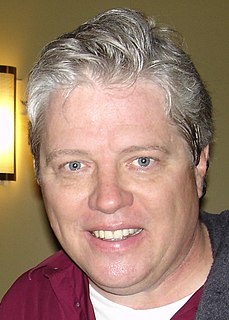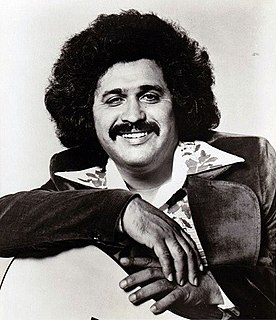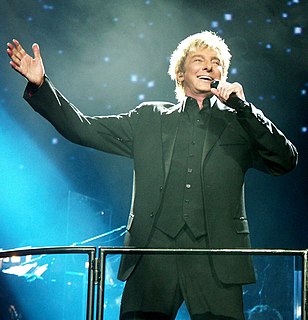A Quote by Eckhart Tolle
I was deeply identified with a very unhappy, egoic entity I believed was "me." For years I lived in depression and continuous anxiety. One night I couldn't stand it anymore. The thought came into my mind, "I cannot live with myself any longer."
Related Quotes
For years my life alternated between depression and acute anxiety. One night I woke up in a state of dread and intense fear, more intense than I had ever experienced before. Life seemed meaningless, barren, hostile. It became so unbearable that suddenly the thought came into my mind, I cannot live with myself any longer.
For many years I had been deeply identified with thinking and the painful, heavy emotions that had accumulated inside. My thought activity was mostly negative, and my sense of identity was also mostly negative, although I tried hard to prove to myself and to the world that I was good enough by working very hard academically. But even after I had achieved academic success, I was happy for two weeks or three and then the depression and anxiety came back.
Meditation means getting out of the mind, looking at the mind from the outside. That`s exactly the meaning of the word `ecstasy`: to stand out. To stand out of the mind makes you ecstatic, brings bliss to you. And great intelligence is released. When you are identified with the mind you cannot be very intelligent because you become identified with an instrument, you become confined by the instrument and its limitations. And you are unlimited - you are consciousness.
When I went through a really intense break-up - you know, I was engaged - the thing that gave me the most anxiety was not knowing what to do with myself when Disney wasn't there to carry me anymore or if I didn't have him. And now I'm FREE of both of those things and I'm fine. I lay in bed at night by myself and I'm totally OK and that's so much stronger than the person three years ago, who would have thought they would have died if they didn't have a boyfriend.
Kripke says that physicalists like me can't explain the 'apparent contingency' of mind-brain identities. He maintains that, if I really believed that pains are C-fibres, then I ought no longer to have any room for the thought that 'they' might come apart. His argument is that, since pains aren't identified via some contingent description, but in terms of how they feel, I have no good way of constructing a possible world, so to speak, where C-fibres are present yet pains absent.
If Christ has died for me, ungodly as I am, without strength as I am, then I cannot live in sin any longer. I must arouse myself to love and serve Him who has redeemed me. I cannot trifle with the evil that killed my best Friend. I must be holy for His sake. How can I live in sin when He has died to save me from it?
This is what meditation means: how to be not identified with the mind - how to create a space between yourself and your own mind. It is difficult because we never make any separation. We go on thinking in terms that the mind means me: mind and me are totally identified. If they are totally identified, then you will never be at peace; then you will never be able to enter the divine, because the divine can be entered only when the social has been left behind.
The dark night of the soul for me was one night in Florida, when I had been on the road for about four years and I realized that everybody around me was on my payroll, that my old friends hadn't been in touch with me and my family didn't know where to get me. I was a very unhappy guy and it was because I was really alone.
One of my mentors was Patricia Schroeder, and one night she came to me on the floor and she said to me, "Why are we sitting in Congress, when a lot of women would try to do it and couldn't? Why are we here and others aren't?" And I thought back and said it was because my father believed in me and she said the same thing, she said her father believed in her and thought she could do anything.
There is an intrinsic law: thoughts don't have their own life. They are parasites; they live on your identifying with them. When you say, 'I am angry,' you are pouring life energy into anger, because you are getting identified with anger. But when you say, 'I am watching anger flashing on the screen of the mind within me,' you are not anymore giving any life, any energy to anger.






























